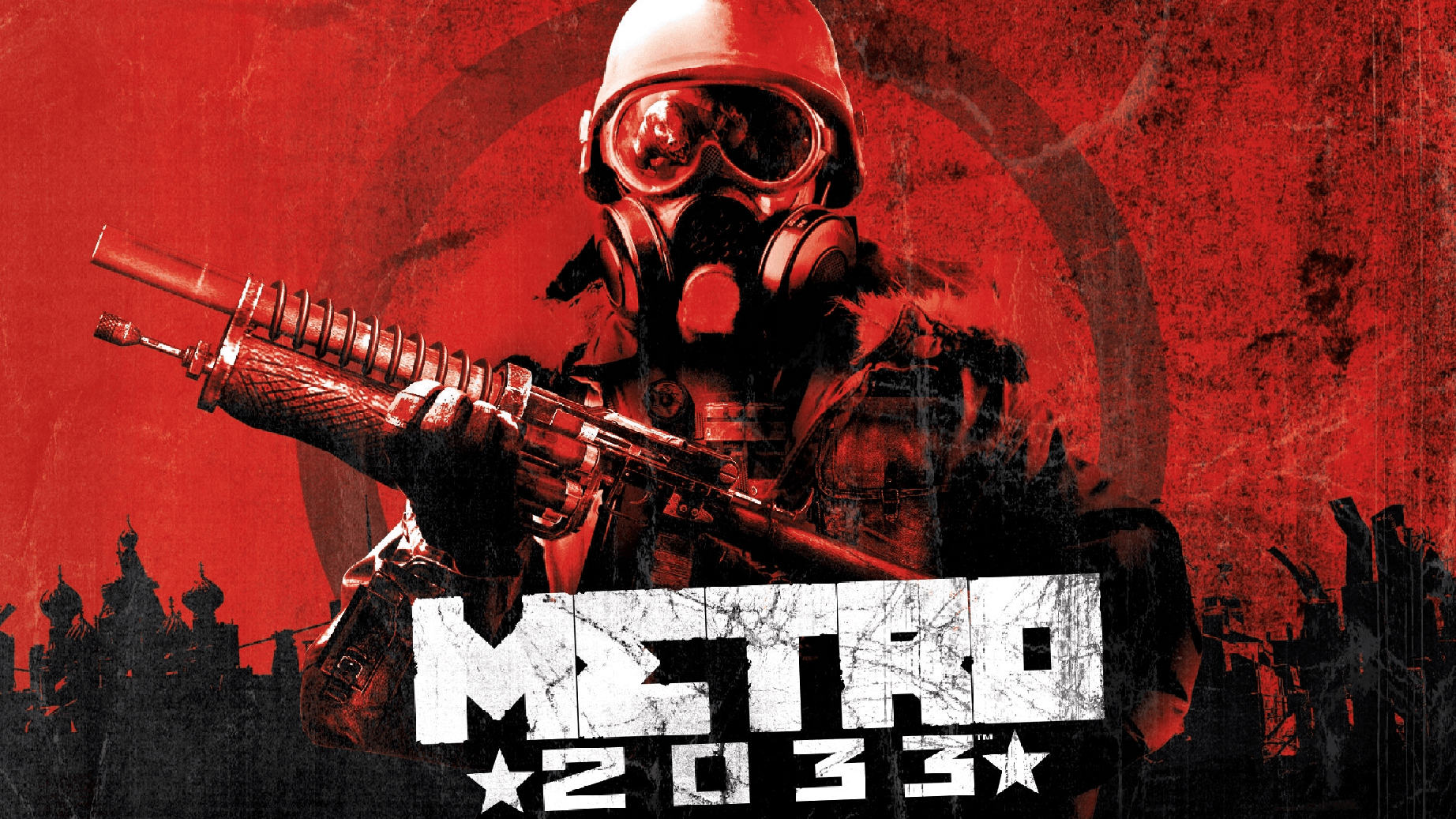Material updated ↓
Photos of travel tickets are being circulated online, with captions advising people to take the subway more often, since in the subway the likelihood of surviving a nuclear explosion is higher. We checked whether such actions were actually held in the capital metros of the two countries.
Moscow metro
In October 2022, numerous posts appeared on social networks and Telegram channels about an allegedly new campaign or, as some Internet users write, advertising in the Moscow metro. The photo shows a ticket with the following inscription: “Use the metro more often. Nuclear war? Let's go! The likelihood of dying from a nuclear explosion is 90% lower if you are on the subway. Only the passengers will survive."
For example, this photo with the caption “Creative” is on your Telegram channel posted Zakhar Prilepin (169,000 views), also proposing to “develop leisure in the metro”: in his opinion, restaurants, hairdressers, military registration and enlistment offices, museums and art venues should be opened there. And in the channel “Media Russia is not Moscow” there is a picture with the caption “Thermonuclear advertising of the Moscow metro” received 321,000 views. In addition, publications can be found in the media, for example on the website Deita.ru, as well as on VKontakte (examples here And here). It is noteworthy that the photo without any explanation is on his Instagram* shared and writer Dmitry Glukhovsky, author of the post-apocalyptic novel Metro 2033.
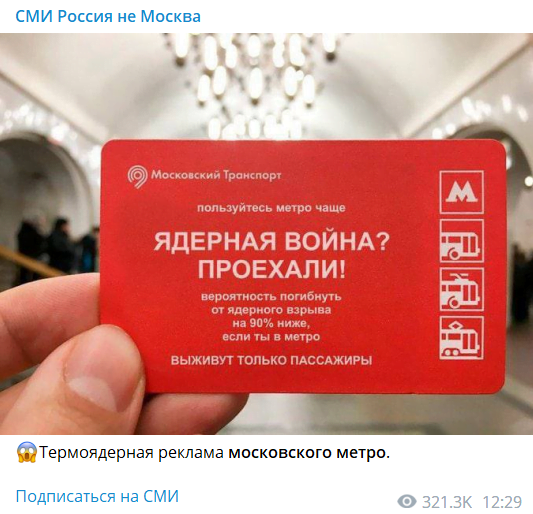
Official denial appeared back on October 13 in RIA Novosti. Then the press service of the capital’s metro told the agency that the viral image was fabricated: “This is a fake. The original photo is about five years old.”
Your version of the appearance of the fake ticket design on October 14 presented Telegram channel “War on Fake” (174,000 views), which allegedly identified the original source of the photo montage. Here are the words of the channel’s authors (spelling and punctuation preserved): “The Ukrainian psychological operations center edited an archival photograph from 2020 from an article on the website of one of the Moscow municipal newspapers. In the material was walking We are talking about increasing the cost of travel on public transport. The original photo shows the “United” ticket, which, in addition to the metro, is valid on Moscow electric buses, buses and trams, as well as on the monorail and the MCC (Moscow Central Circle. - Ed.). The authors of the fake erased the “United” inscription from the original image, but left pictograms depicting types of ground vehicles. Obviously, it is unreasonable to print text on a single travel card urging you to use only the metro. The fake was made to once again scare Muscovites and residents of other Russian cities with a nuclear war and increase the level of anxiety among citizens.”
In fact, this photo is not from 2020; as the metro press service reported, it is more than five years old. The earliest appearance of a photo that we were able to track was on the website of the TVC channel on October 5, 2017. Photograph used to illustrate the news under the headline “Children's poems will appear on United tickets on Moscow transport.”
Update October 20, 2023: The original photo of the ticket was taken on December 15, 2015. The original image can be found on the Moscow agency website, where it posted under the heading “Festive design of the “Single” ticket with the symbols of the Journey to Christmas festival.” In the version on the TVC website, the Christmas emblem is erased.
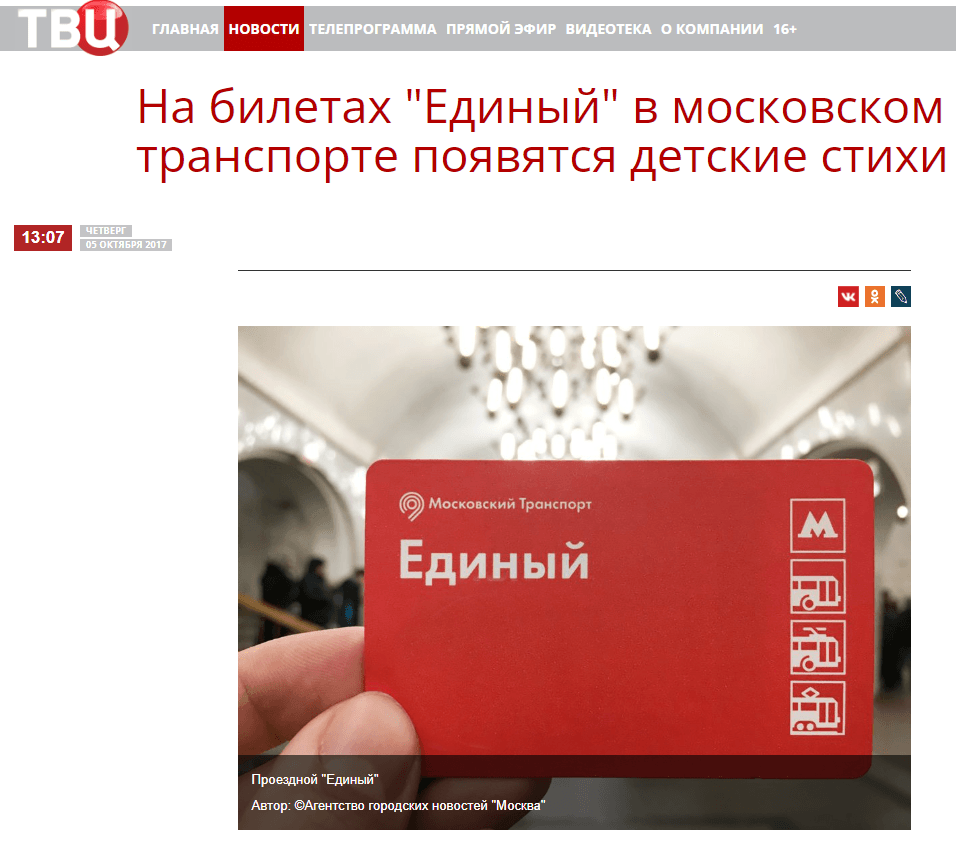
The creator of the montage is an Internet user under the nickname Valaar Morgulis. Initially he published edited picture on the website vc.ru on October 10, 2022 at 19:50 Moscow time in the selection under the heading “Honest advertising, or Sad but true.” According to the author, this is what “effective advertising of the Moscow metro could look like these days.” In addition, the text indicates that the entire collection represents memes on the topic of mobilization, moving abroad and other current agendas. At 20:33 author posted memes on Pikabu with the tags “Humor”, “Dark Humor” and “Wordplay”, and on October 11 posted picture on Twitter, but without explanation, as a result of which the image could become viral.
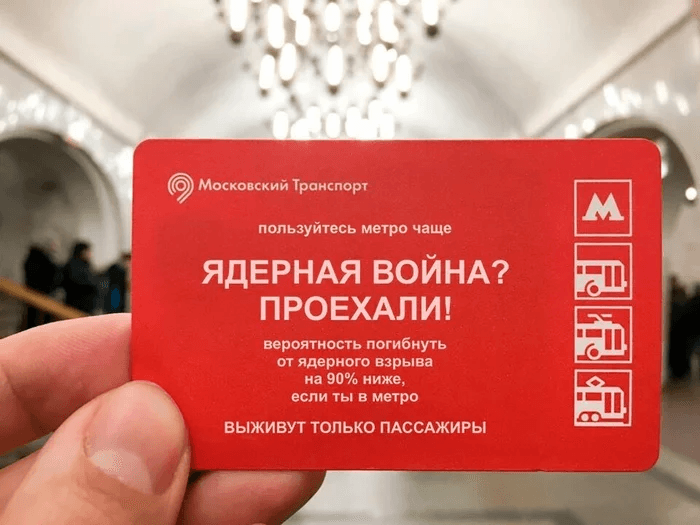
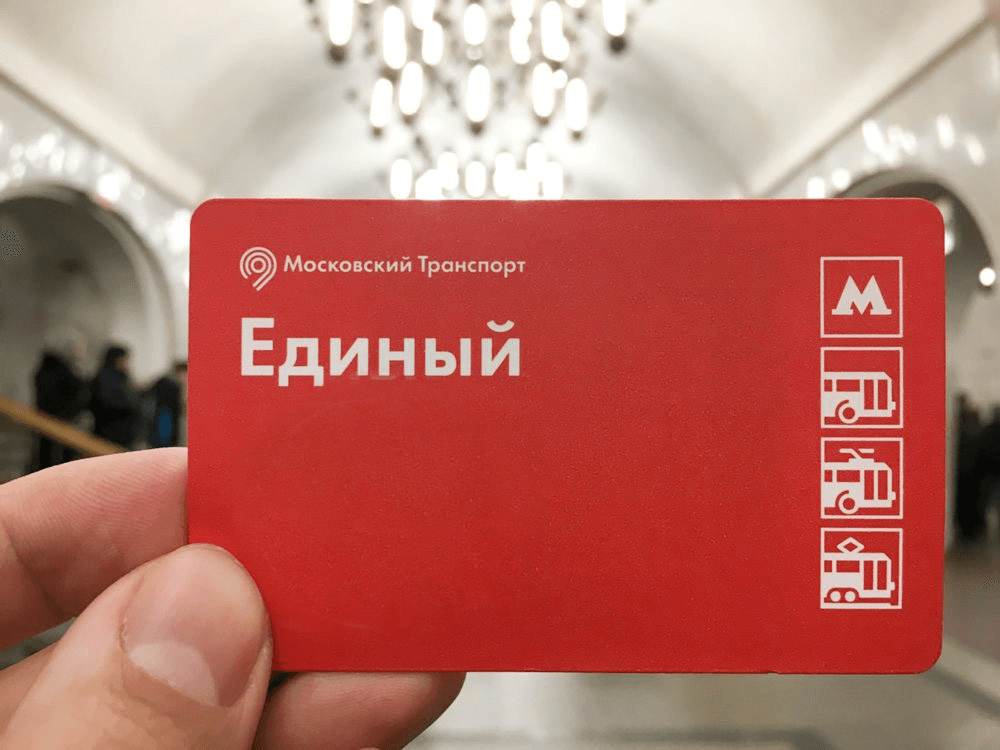
The author of the edited picture actually erased the “United” inscription from the original, and then added phrases about nuclear war and the likelihood of surviving an explosion. However, we strongly doubt that the goal was to “scare Muscovites and residents of other Russian cities” and “increase the level of anxiety of citizens,” rather the opposite. How do we wrote in one of the past materials, according to numerous studies, laughter has a positive effect on health, the immune system and reduces stress levels.
Below are a few more examples of fictional advertising from the same author.

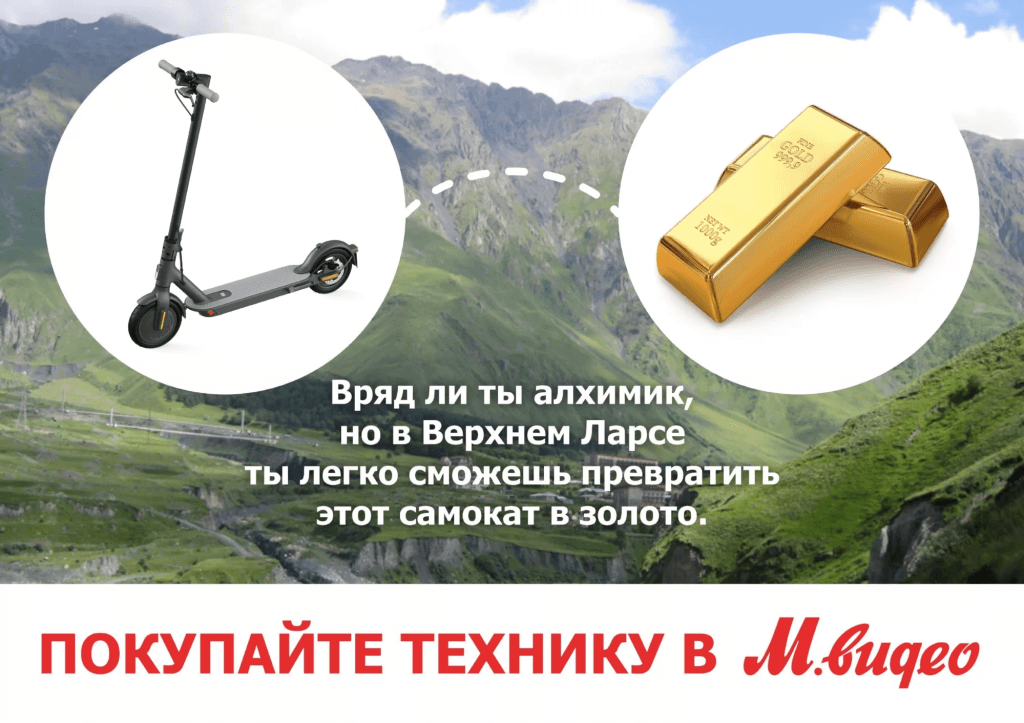
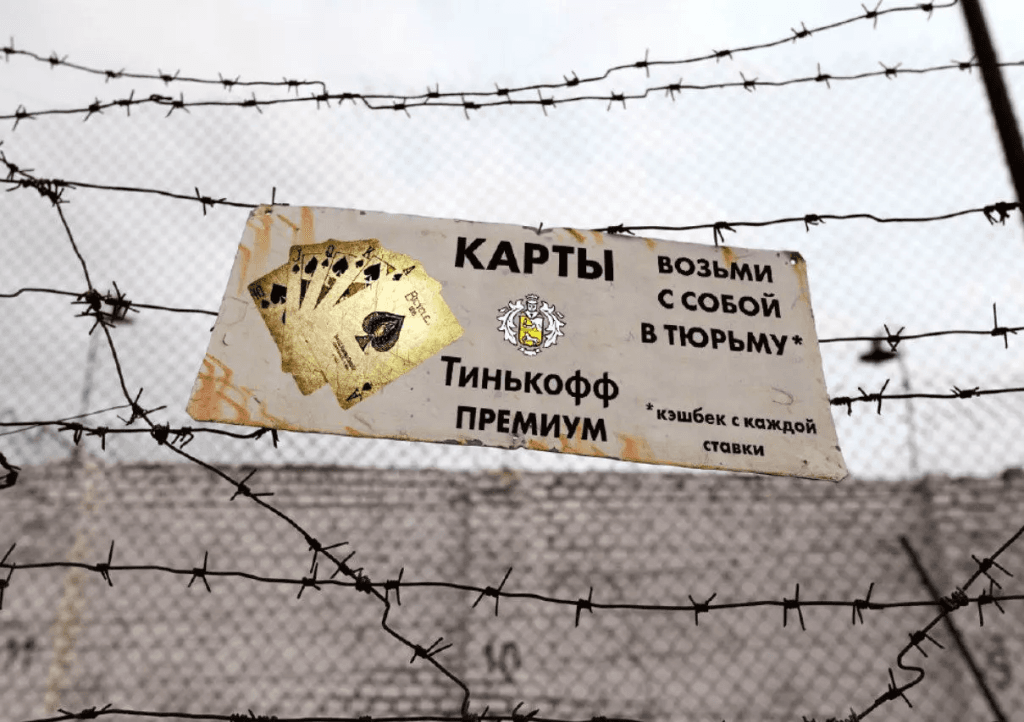

Satirical news
Kiev metro
News about the mention of nuclear war on Kyiv metro tickets appeared a few days after similar news about the Moscow metro. The evidence in this case was also a photo of the ticket, but with the turnstile in the background. On October 15, this photo with the caption “Brilliant advice from the Kyiv metro” appeared on the social networks of the former Prime Minister of Ukraine (occupied post in 2010–2014 during the presidency of Viktor Yanukovych) Mykola Azarov (Telegram, Twitter, "VKontakte"). In general, the photo became viral, since you can find many posts on social networks, for example on VKontakte (here, here And here), as well as in large Telegram channels, including Tarik Nezalejko (65,000 views), "Ne.Sugar"(211,000), "Military observer"(69,000), "Guard"(11,000), etc.
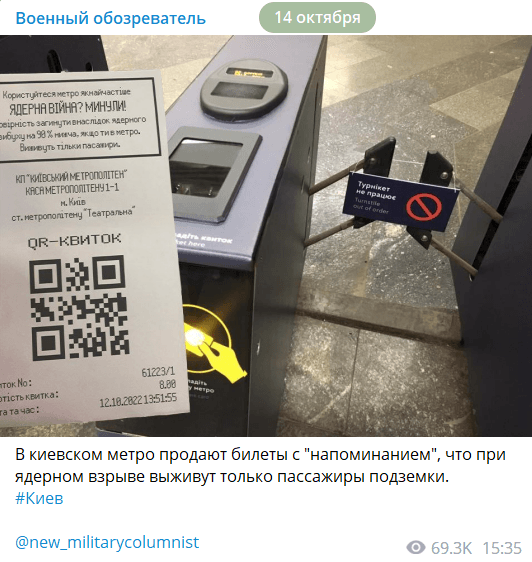
In fact, this picture is also a photomontage, as in the case of the Moscow metro. Firstly, on the Ukrainian ticket it is written: “Follow the metro as often as possible. Nuclear war? Gone! The likelihood of dying as a result of a nuclear shock is 90% lower than in the subway. Only passengers can survive.” This inscription represents is a literal Ukrainian translation of the text from the previously analyzed Russian-language meme. A situation in which the Kiev Metro would use just such a text seems extremely unlikely.
Secondly, we found the original unedited photo and it only shows the turnstiles without the ticket in the foreground. This photo accompanied materials published on August 2, 2017 on Ukrainian sites, for example “The Village Ukraine" And "RIA Novosti Ukraine" Then the media reported that the first ticket vending machines with a QR code were installed at the Klovskaya metro station in Kyiv.
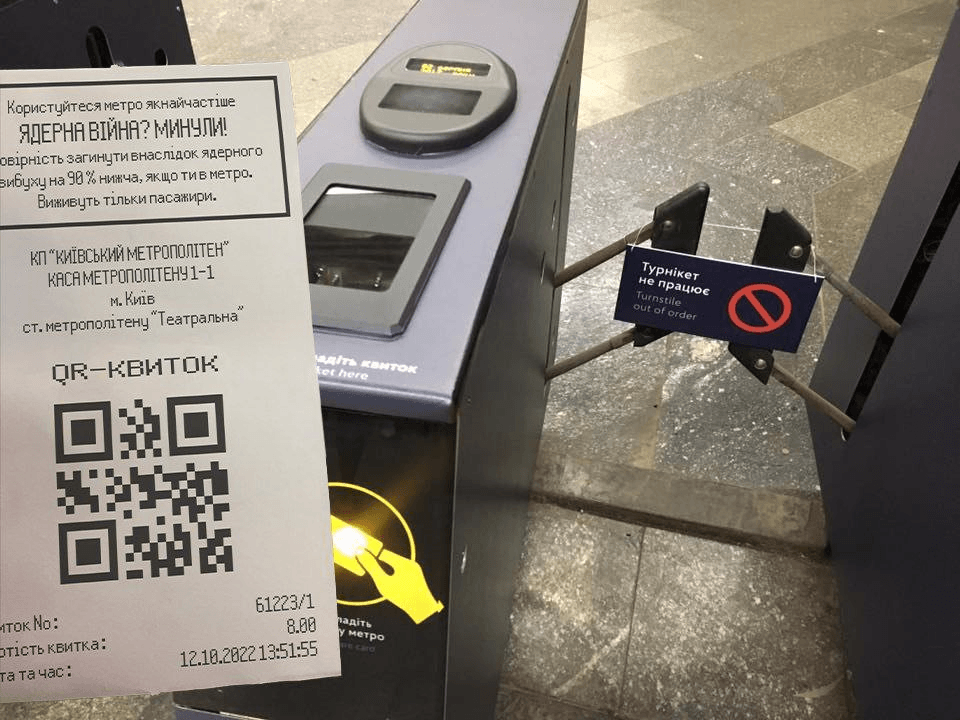
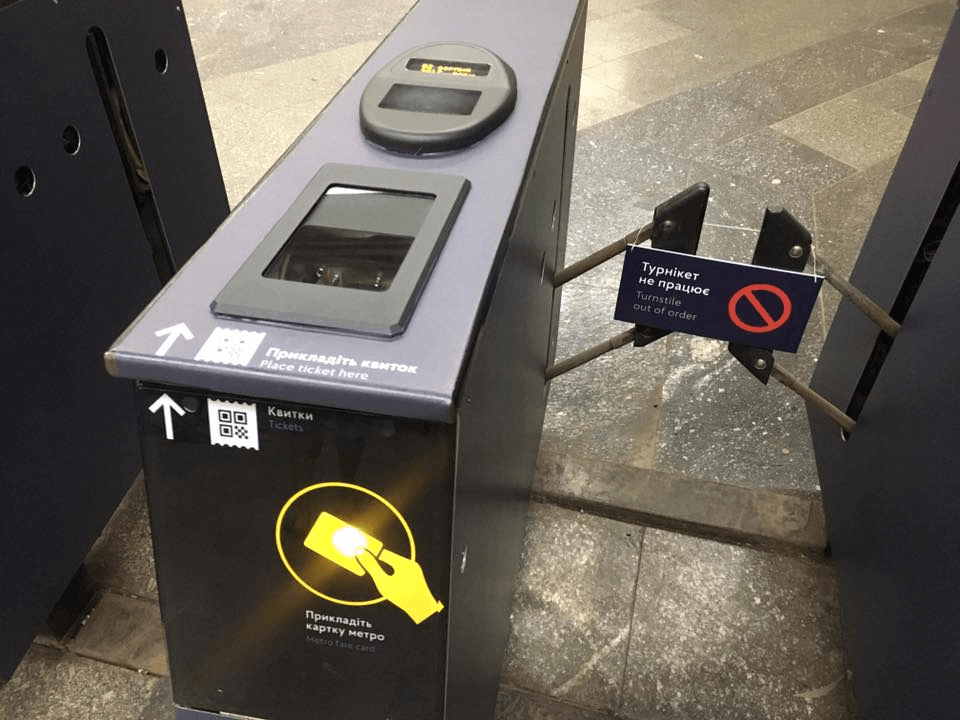
Thirdly, apparently, the author of the montage also used an old photo of the ticket. We found a series of several photographs from the Kyiv City State Administration (KCSA), which at the beginning of 2020 were published in Ukrainian websites, including state portals, illustrated news about QR codes in public transport in Kyiv. Then it was reported that from April 1, a single electronic ticket would be used to pay for a one-time trip. Those pictures show a ticket with data that is identical to the information from the viral photo allegedly taken in the fall of 2022: the same QR code, place of purchase (Teatralnaya metro station), ticket office, ticket number and even partially the time of purchase (the minutes and seconds are the same). Apparently, someone edited the original photo, changing the date of purchase (instead of February 20, 2020, it became October 12, 2022), photoshopping the inscription about nuclear war, and for some reason completely removing the line with the expiration date of the ticket.
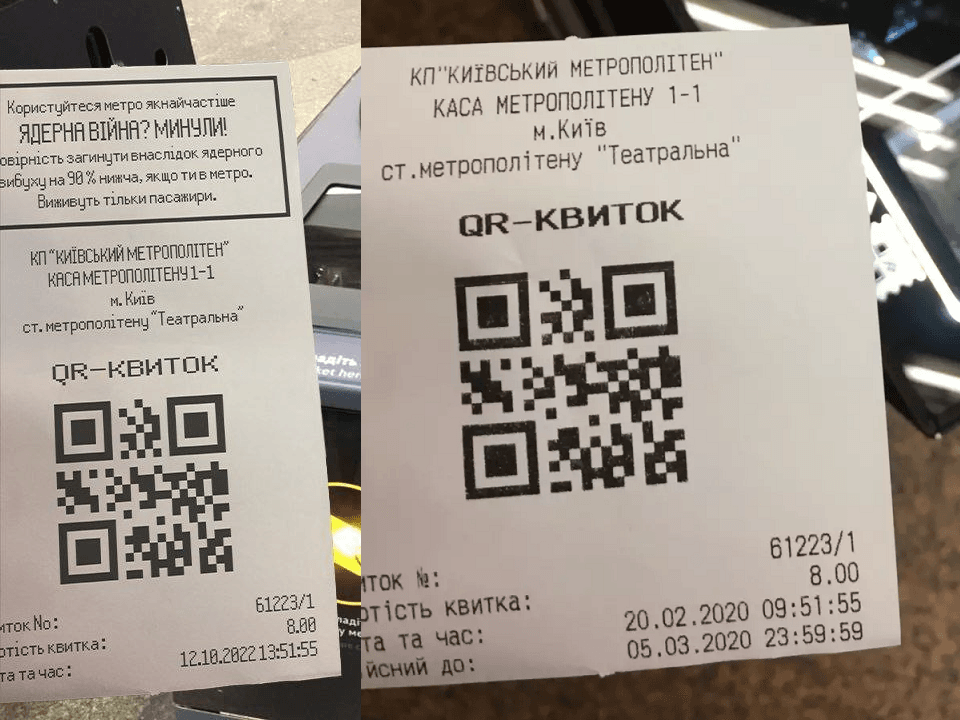
*Russian authorities think Meta Platforms Inc., which owns the social network Instagram, is an extremist organization; its activities in Russia are prohibited.
Cover photo: DesktopBackground.org
Fake
- Is it true that the former Japanese Defense Minister called on Ukraine not to bomb the Zaporizhzhya Nuclear Power Plant so as not to repeat US crimes?
- Is it true that KFC and Booking.com placed advertisements in Germany about “chicks from Ukraine”?
- Is it true that in the Czech Republic signs “No entry to Ukrainians” appeared on stores?
If you find a spelling or grammatical error, please let us know by highlighting the error text and clicking Ctrl+Enter.


